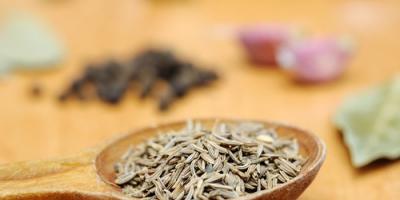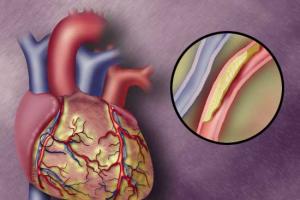There is a misconception that dental treatment during pregnancy is strictly prohibited. But doctors say otherwise. Carrying out therapy during the bearing of a child is not only not prohibited, but also extremely necessary. Just for this, there are certain deadlines and precautions.
What threatens neglected caries?
The statement of experts that dental treatment is a necessary procedure is not groundless. The presence of carious cavities and other foci of infection at least leads to deterioration already existing dental pathologies.

But this is not the most dangerous. The infection can spread throughout the body, leading to systemic complications.
Suffer first gastrointestinal tract, since the infection from the mouth quickly enters the esophagus and stomach. This can lead to gastritis, intestinal dysfunction, and late toxicosis. As a result, metabolic processes are disturbed, which negatively affects the development and growth of the fetus.
Often, in the presence of dental diseases, a child is born with a small body weight.
If the focus of the disease is located near the periodontium or bone tissue, then the infection can lead to complete loss of teeth. The infection can enter the bloodstream and provoke inflammation of the organs or cause general intoxication organism.
Studies have shown that caries-causing bacteria are a common cause premature birth.
Therapy in the first trimester
The first trimester is one of the important stages of pregnancy, during which dental treatment is carried out using anesthetic drugs extremely undesirable. During this period, the laying and development of all organs of the fetus.
An incompletely formed placenta is not able to provide high-quality protection for the fetus. Any exposure to medications can lead to pathological violation of the formation his internal organs.
At this time interval, treatment is carried out only in case of acute manifestations of the disease, for example, periodontitis, pulpitis, which threaten complication in the form of a purulent infection. In the chronic course of the disease, treatment is recommended to be postponed until a more favorable period.
Therapy in the second trimester
The second trimester is the most auspicious time for treatment, as the risk of negative effects is minimized. By the beginning of this period, the woman's body gets used to the new state and becomes stronger.
The placenta, which acts as a barrier and prevents the penetration of foreign substances to the fetus, is fully formed.
At this stage allowed treat acute and chronic dental pathologies with the use of anesthetics local action, which no adrenaline or its presence is reduced to a minimum dosage.
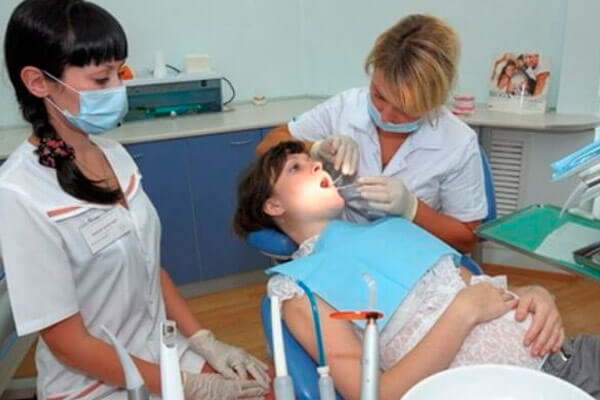
Before therapy Can conduct research using x-ray equipment(visiograph), only in this case it is necessary to use a special protective apron.
Conduct implantation in the 2nd trimester Not recommended, as these procedures require the use of a large number of medications.
Therapy in the third trimester
Just like the first trimester, the third is to not the most favorable period for dental treatment. At this time, the muscles of the uterus become as sensitive as possible and react to any impact with an increase in tone.
Anesthesia drugs have the same effect. In most cases, they contain a minimal dose of adrenaline, which increases the tone of the uterus, which increases the risk of preterm labor.
In case of urgent intervention during therapy, the woman should be in the supine position, as the fetus strongly presses on the main aorta and can cause increased pressure and loss of consciousness.
What diseases need to be eliminated?
Not always the dentist is ready to take up the treatment of diseases during pregnancy. The main indications for therapy are the following pathologies:
- Caries. Even with a small caries lesion, the infection penetrates the gastrointestinal tract and causes its dysfunction. In addition, in the presence of cavities, the quality of chewing food deteriorates significantly, which increases the load on the stomach.
With a deep lesion, the infection can penetrate into the bone tissue, leading to its inflammation and loss of the crown.
- Periodontitis and/or pulpitis. Act as a complication after caries. A problem that is not stopped in a timely manner leads to the occurrence of a purulent infection, which can lead to the development of sepsis.
- Odontogenic periostitis- characterized by inflammation of the periosteal tissue. Complete loss of a tooth is a complication.
- Parodontosis, periodontitis. They cause pathologies of the heart, joints and general intoxication of the body.
- Stomatitis- a dangerous pathology, which is often accompanied by a deterioration in the general condition of the body up to a steady increase in temperature and severe intoxication. The disease can cause pathological development of internal organs or fetal death.
- Gingivitis- inflammation of the mucous tissues of the oral cavity. It leads to a general decrease in immunity and the addition of other dental pathologies.
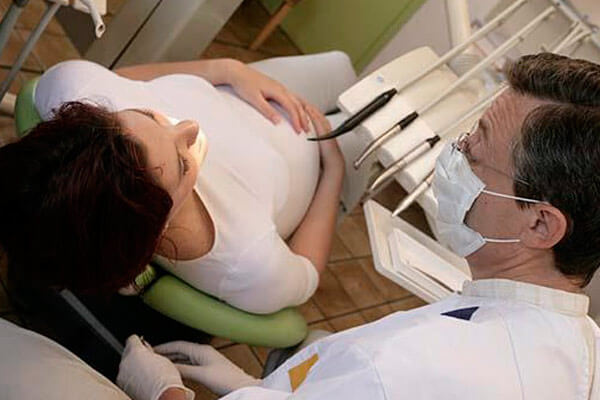
In addition to the listed diseases, during the period of bearing a child Can conduct simple tooth extraction(except for the last molars, which most often require complex extraction).
It is also possible to install orthodontic structures ( braces) And prosthetics with minimal use of medications.
Pain medications
The choice of drug for setting anesthesia plays an important role during the period of gestation. Preference is given to products with a minimum content of adrenaline.
Usually, small dosage such a drug should not affect the uterus and penetrate the placental barrier, having a negative effect on the fetus.
Only a few drugs meet these requirements:
- Ultracaine. It is a colorless solution, the active ingredients of which are articaine and epinephrine. As auxiliary components, the product included: sodium metabisulfate, purified water, sodium chloride.
The drug is fast-acting - the effect of anesthesia occurs within 2 minutes after the injection and lasts up to 45 minutes. It does not have a depressing effect on the vascular system and the heart, but is prohibited in glaucoma, kidney pathology, and severe hypoxia.
It is also worth remembering the side effects of the drug: urticaria, lowering blood pressure, heart rhythm disturbance. The drug is sold in special cartridges (carpules) intended for use only with a special syringe.
This injection system is painless. After the introduction of ultracaine, the syringe along with the carpula are destroyed. The cost of one cartridge of this tool is from 45 to 90 rubles.
- Primakain. This is a combined anesthetic, which included epinephrine and articaine. The main difference of this drug is its short half-life, thanks to which it can be used for children, pregnant and lactating mothers.
After the injection, primacaine begins to act after 30 seconds. The action lasts about 40 minutes. The drug is contraindicated in heart disease, anemia, renal failure, high blood pressure.
Last trimester its use may lead to bleeding. The average cost of funds is 80 rubles.
- Ubistezin. The main active ingredients are articaine, epinephrine. Additional components: sodium sulfite, water for injections. Like other drugs of the articaine series, it has an anesthetic effect 1 minute after administration and retains it for up to 45 minutes.
The drug has practically no negative effect on the heart. In rare cases, there is a slight increase in pressure and a rapid heartbeat.
Contraindications are kidney disease, hypertension, tachycardia. Ubistezin can be purchased for about 40 rubles.
- Septanest. The main components of articaine and adrenalin. It has a minimal vasoconstrictive effect and does not adversely affect the functioning of the heart.
The maximum analgesic effect occurs three minutes after the injection and lasts about an hour. The remedy is contraindicated in bronchial asthma, as it can provoke an attack of suffocation.
Using in the first trimester may cause dizziness and loss of consciousness. The average market cost of one ampoule of funds is about 60 rubles.
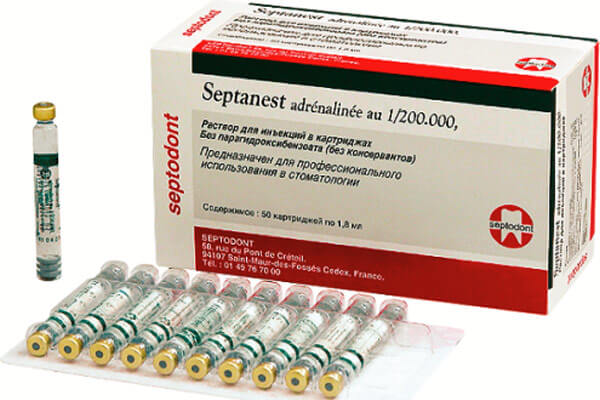
Septanest
Therapy without injection
It is not always necessary to use anesthetics during dental treatment. In some cases, you can do without anesthesia. Even if therapy is carried out in the safest period, the risk of negative effects of medications on the body of a pregnant woman and the fetus always remains.
Therefore, with pathologies in the initial stage, they try not to use anesthesia. As a rule, with this treatment, pain is absent. Instead, they can only manifest discomfort.
If the patient is not able to calmly endure discomfort, it can be used local anesthesia spray or gel.
In situations where the procedure is accompanied by severe pain, it is recommended to use anesthetic drugs, since in some cases pain can have a greater negative effect than the drugs used.
Conclusion
Dental care during pregnancy is a necessary procedure. The method used in this case will depend on the pathology and the degree of its neglect. No dentist will resort to treatment with anesthesia, unless there are certain indications.
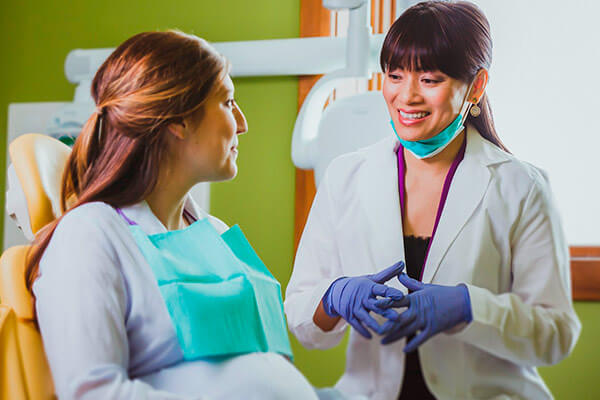
The use of painkillers will be justified only if the harm from the pathology exceeds the negative effect of anesthetics.
If you find an error, please highlight a piece of text and click Ctrl+Enter.


